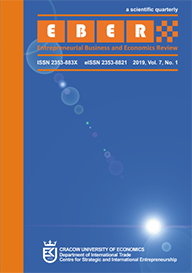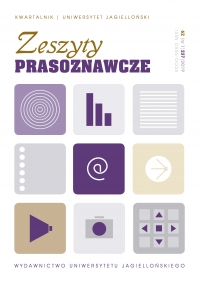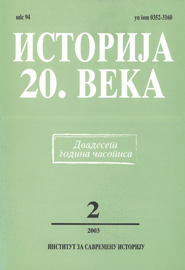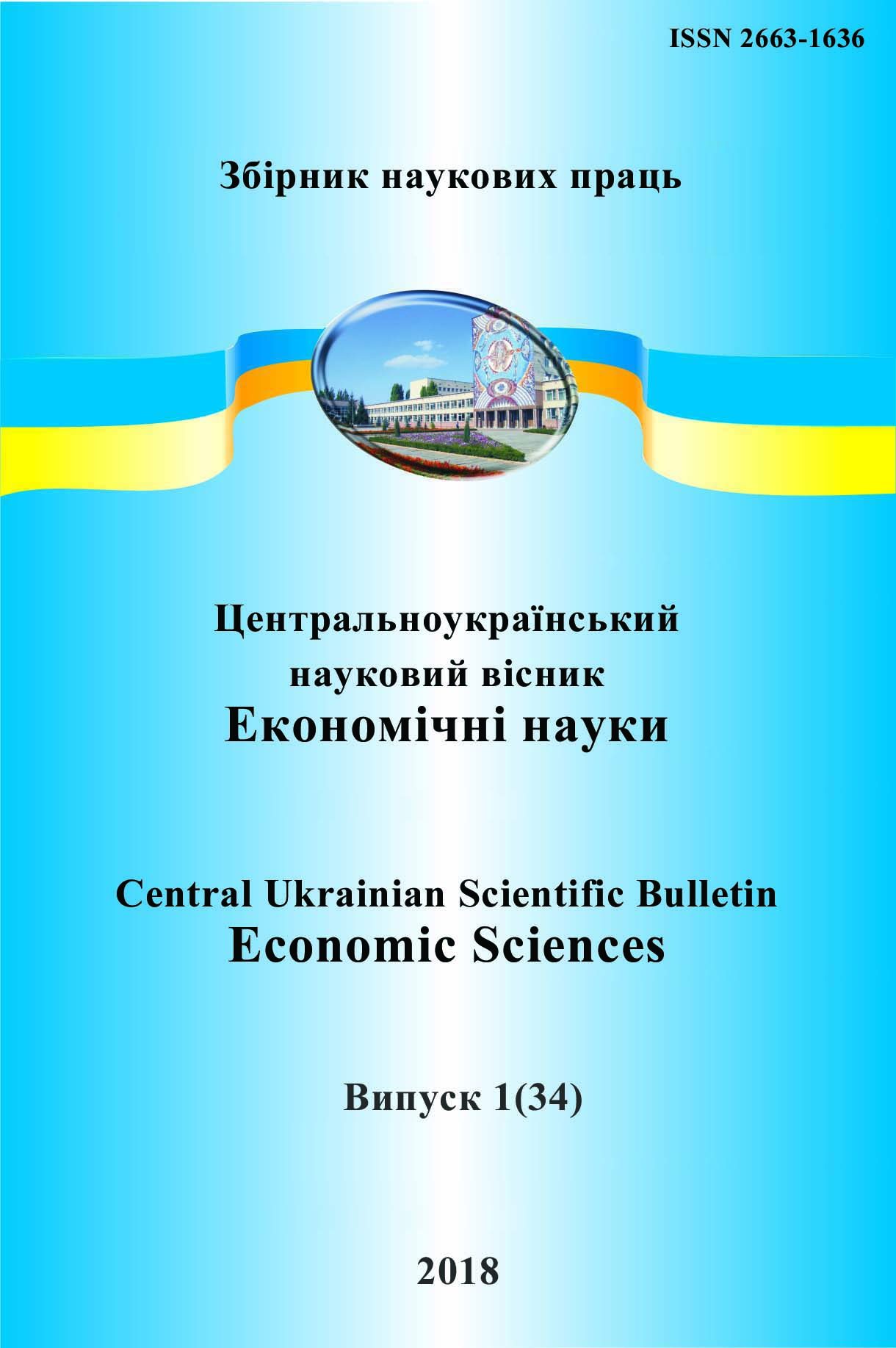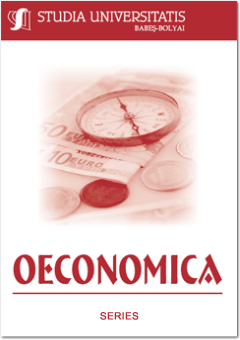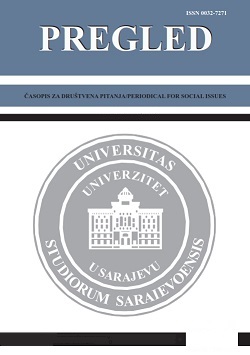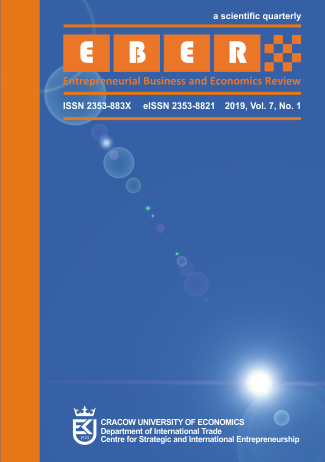
How Entrepreneurial Orientation Stimulates Different Types of Knowledge in the Internationalisation Process of Firms from Poland?
Objective: The aim of the article is to verify how entrepreneurial orientation affects different types of knowledge in various stages of internationalisation of Polish firms. Research Design & Methods: The research method applied in the paper is the critical analysis of prior studies as well as a survey conducted on a sample of 355 businesses from Poland. The research is based on the previously known typology of knowledge: market knowledge and experiential knowledge. Findings: On the basis of the research, it can be concluded that entrepreneurial orientation plays a key role in the use of knowledge in internationalisation of Polish firms. Higher entrepreneurial orientation determines a more intensive use of knowledge on various stages on internationalisation. Network knowledge is used in the initial as well as mature internationalisation. Entrepreneurial knowledge is intensely used on the stage of mature internationalisation. Market and sociocultural knowledge is by far more explored in the initial internationalisation stage. Implications & Recommendations: The study identified the gap in the literature regarding entrepreneurial orientation and knowledge in the internationalisation process. Obtained results have useful value for business practice, especially for managers thinking of going international. Contribution & Value Added: An added value of this paper and at the same time a new view of the studied problem is the inclusion of knowledge and its role in the internationalisation process determined by the influence of entrepreneurial orientation.
More...
